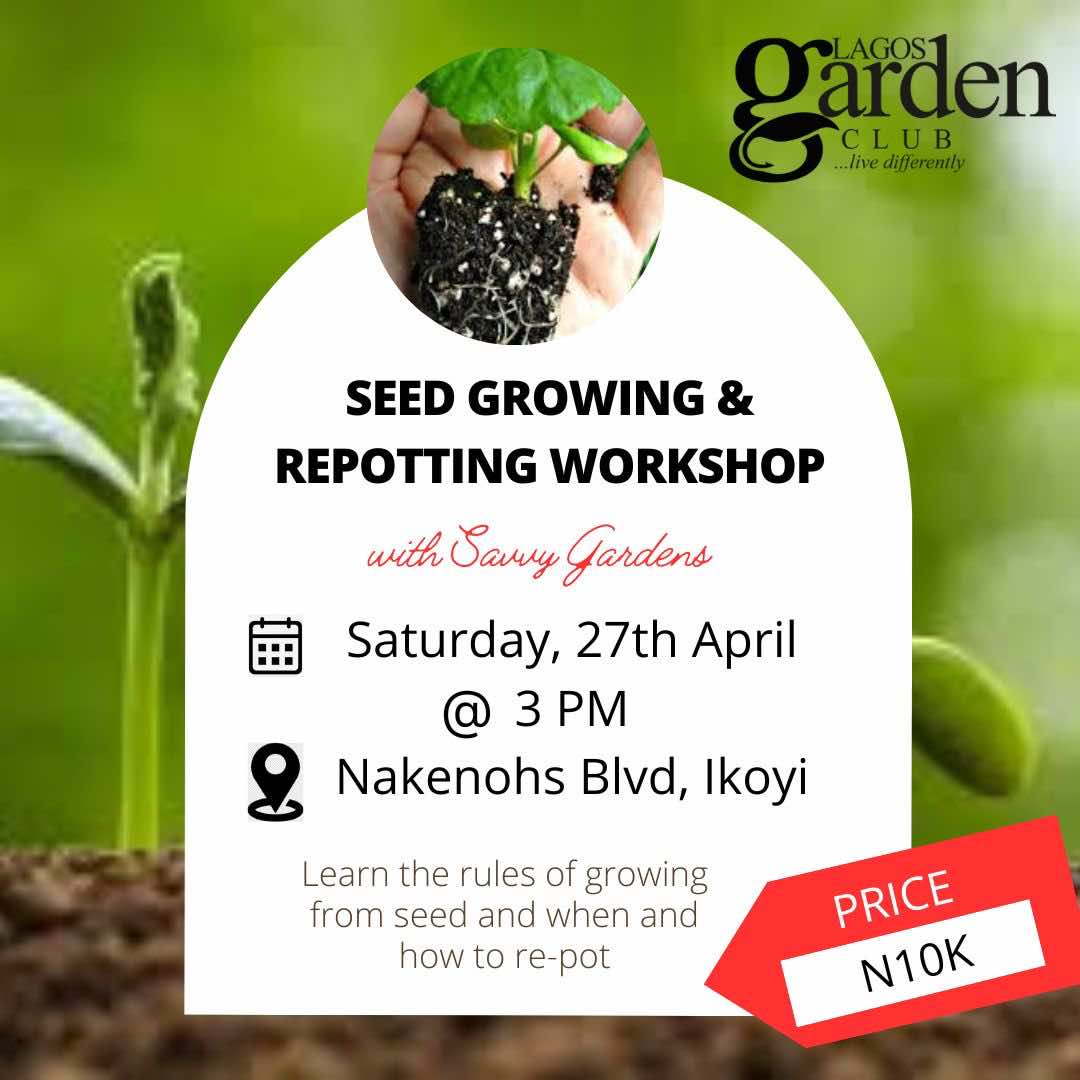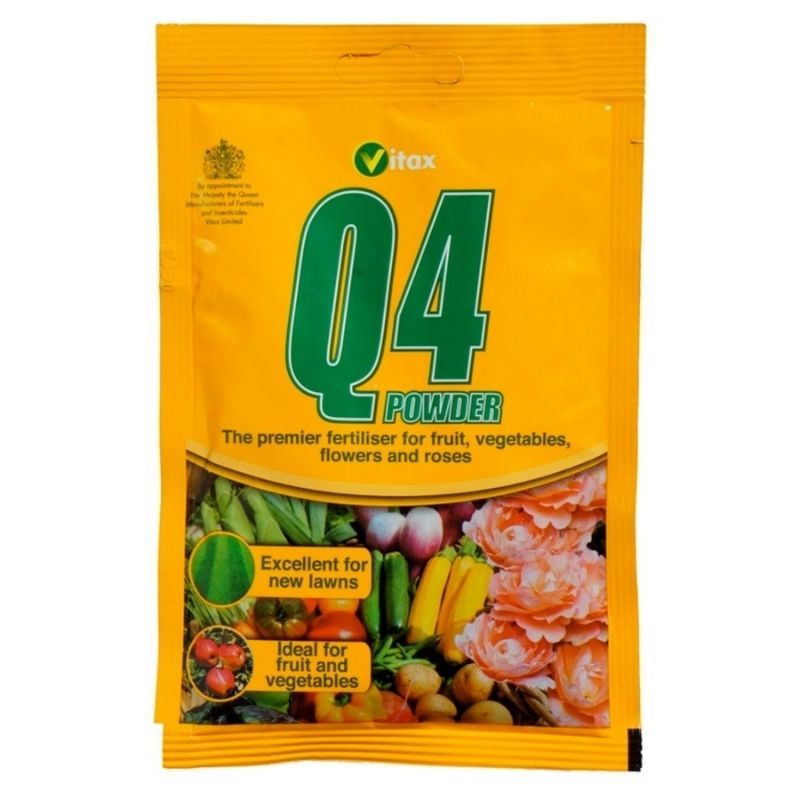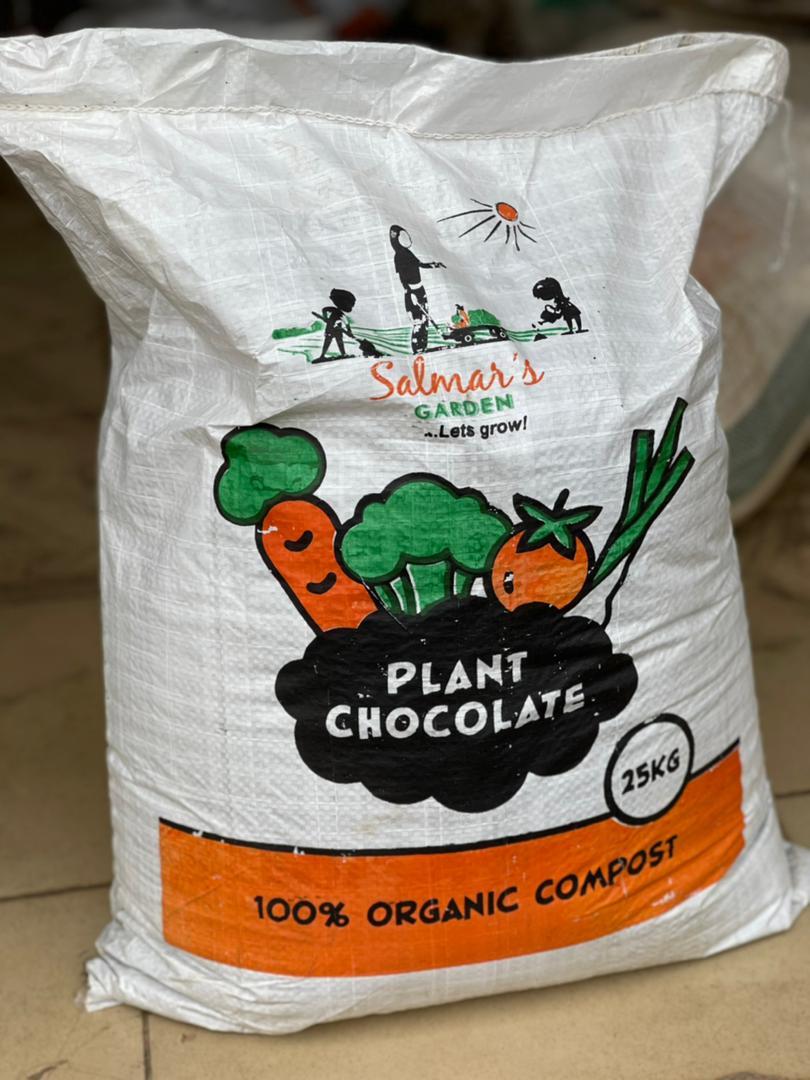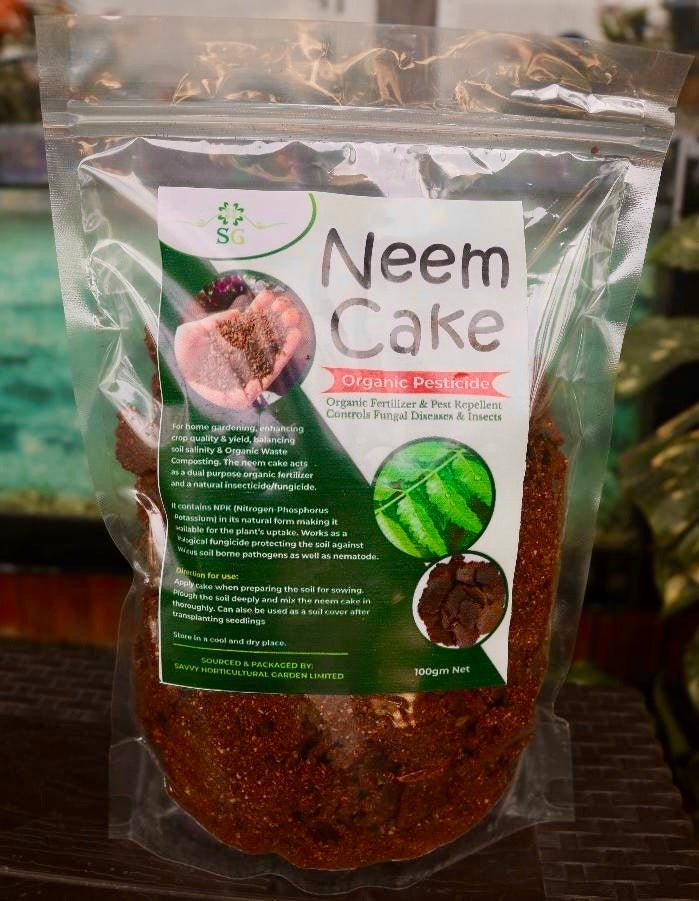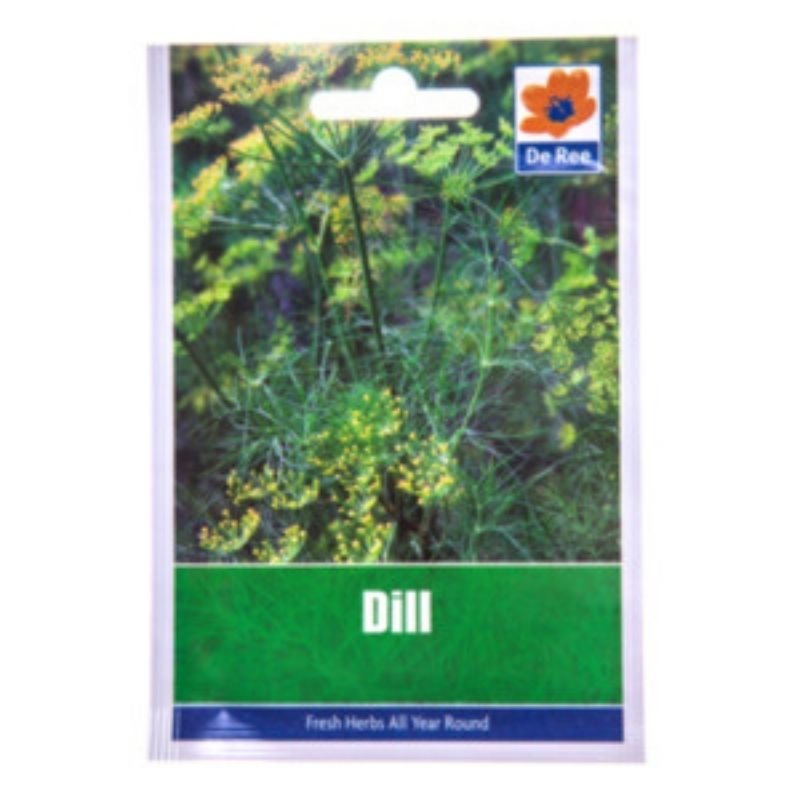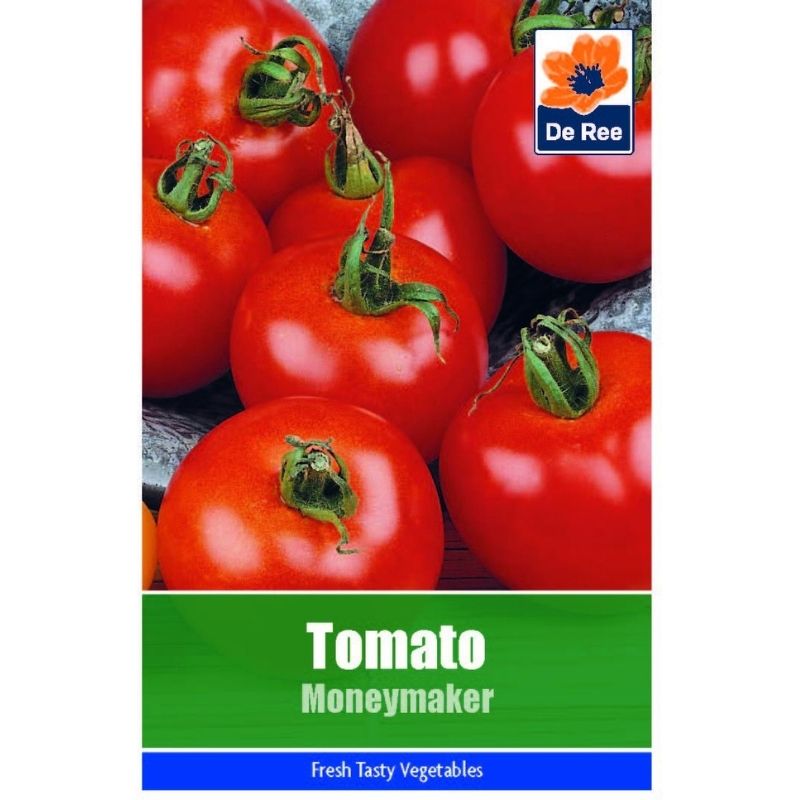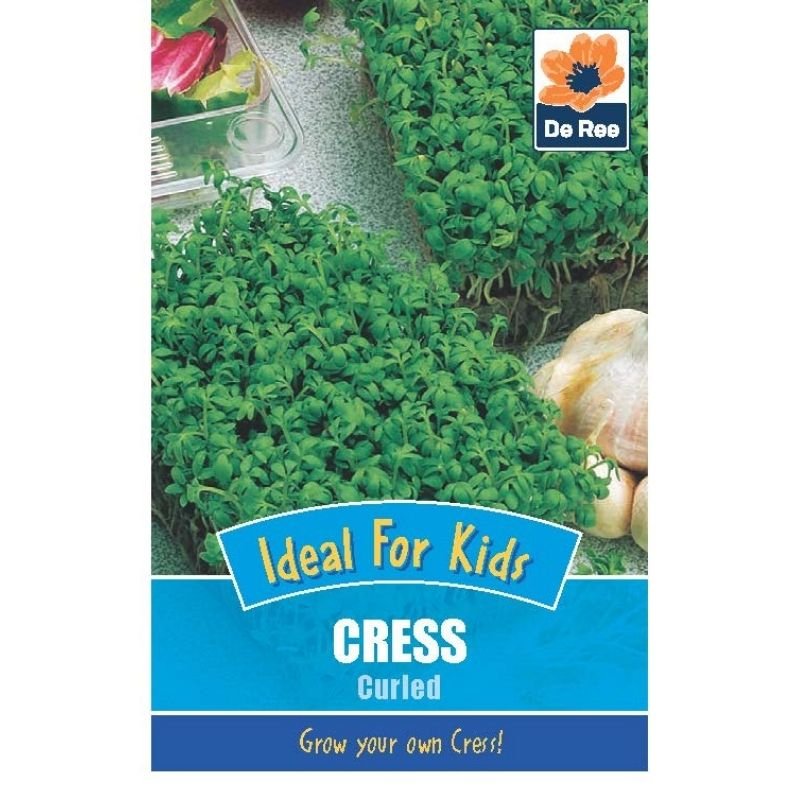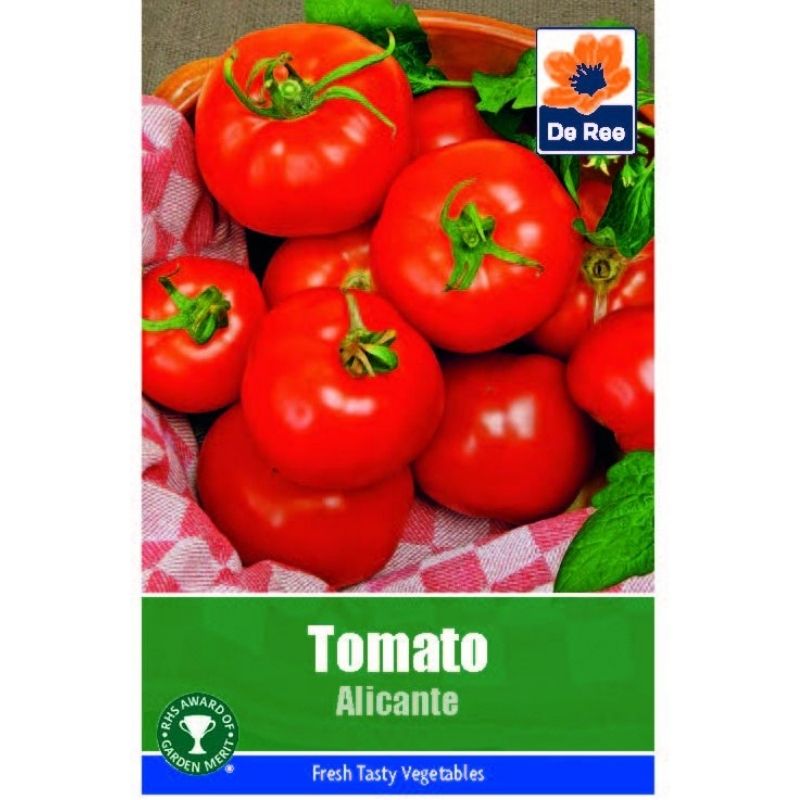Organic Gardening
For the several past years, the demand for organic products has risen dramatically as more and more people become aware of the consequences of eating unhealthy food. Consuming organic products has become popular. However, organic products can be pricey as compared with non-organic. The good thing, though, is that you can produce your own organic crops in your own garden.
What is Organic Gardening?
Organic gardening is a sustainable way to produce edible plants such as vegetables without the use of harmful chemicals. The goal of organic gardening is to promote natural diversity in your growing space which is often disrupted by the unregulated use of synthetic fertilizers and pesticides. Organic gardening considers the health of various living organisms including soil, animals, plants, and people.
Large-scale organic farmers need to be officially certified so they can sell their products with an organic seal. They need to follow point by point the standards set by the certifying body. For household gardeners, certification is not needed since the produce is meant for personal consumption.
How to Start an Organic Garden?
Before you start an organic garden, you must seriously consider the following practices involved in this gardening approach.
Sources of Organic Matter
One major practice in organic gardening is improving soil health, because it rejects the use of synthetic fertilizers, you have to ensure the natural fertility of the soil using organic matter.
Sources of organic matter include animal manure, compost, cover crops, and green manure.
You may also add organic fertilizers depending on the nutrient that you want to make more available. For nitrogen, you can use either alfalfa pellets, blood meal, fish emulsion, soybean meal, cottonseed meal, or corn gluten. For phosphate, apply rock phosphate, or raw bonemeal. For potassium, you may add green sand, alfalfa pellets, or wood ashes.
Integrated Pest Management
There are various approaches that you may employ to avoid the outbreak of pests. The simplest thing you can do is regularly check your plants for any presence of pests, then, manually remove them. Another option is to introduce beneficial insects such as lady beetles. It’s considered a natural enemy of harmful insects.
Planting a trap crop is also another way. This plant trap should trap the insects so they won’t destroy the main crops you planted. You may also plant crops that are more resistant to pests.
Intercropping also helps prevent the build-up and spread of pests.
Lastly, you may also use organic pesticides to kill those pests. It can include BT (Bacillus thuringiensis), pyrethrums, rotenone, insecticidal soaps, diatomaceous earth, neem, and horticultural oils.
Weed Management
In organic gardening, the use of synthetic herbicides is not allowed. But, there are sustainable practices you can employ such as manually pulling the weeds out. Use mulches to prevent the growth of weeds in the garden beds.
Proper plant spacing also helps reduce weeds. The canopy of the plants will sufficiently shade the soil under it preventing the growth of weeds. Acetic acid (vinegar), citric acid and corn gluten meal to control weeds also serve as organic herbicides.
Disease Management
Agents such as viruses, fungi, bacteria, and even unfavorable environmental conditions can cause diseases in your plants. In organic gardening, you have to be careful to prevent such diseases from occurring.
You can grow disease resistant varieties of plants. When transplanting, make sure that you choose only the seedlings that are vigorous and free of any signs of diseases. Crop rotation also helps reduce the possibility of disease incidence.
Diseases can also be prevented by means of sanitation. Keep your tools sterilized and clean. Sterilize the soil used for potting. Properly discard infected plants.
Organic fungicides such as copper (Bordeaux mixtures or sulfates), hydrogen peroxide, and sodium bicarbonate (baking soda) are also available.
Remember that organic gardening takes time to be perfected. It’s a long-term process thus your commitment is needed to get familiar with the best practices used in this approach. Nevertheless, there’s greater reward and fulfillment in producing your own food straight from your organic garden.


